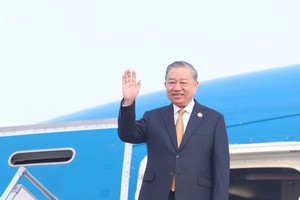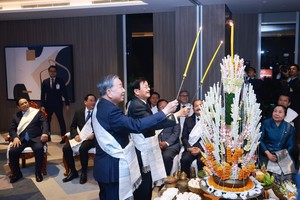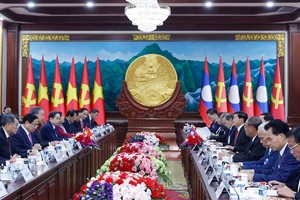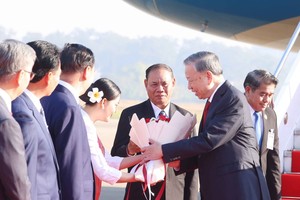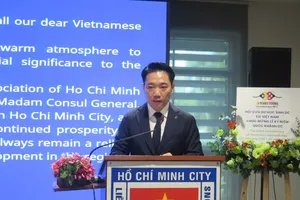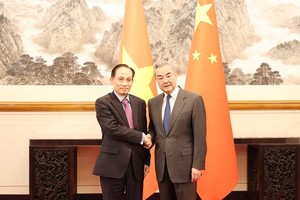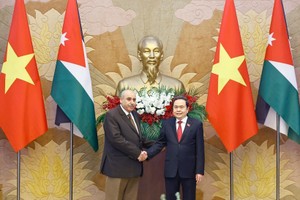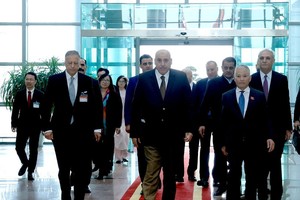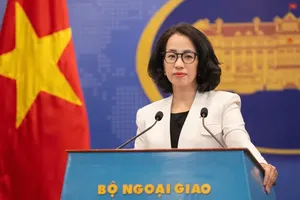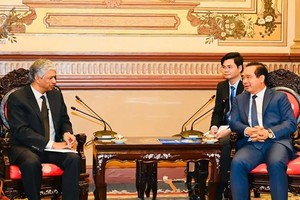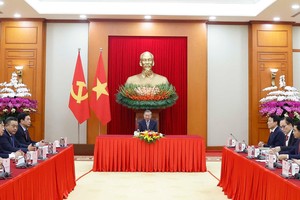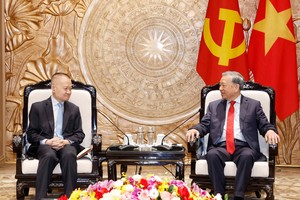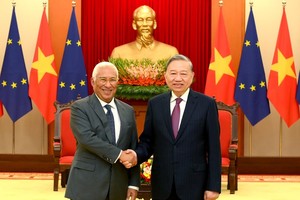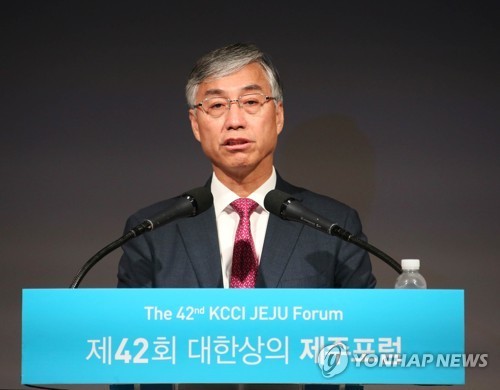
Chinese Ambassador Qiu Guohong said the deployment of the Terminal High Altitude Area Defense system had a "serious impact" on the mutual trust between the two countries, calling it "the biggest hurdle" for the development of bilateral relations.
"Many South Koreans say Beijing is retaliating against Seoul. But exchange and cooperation between countries call for political common ground, and we need to quickly find ways to resolve the issue," Qiu said in a business forum in South Korea's southern resort island of Jeju.
China has imposed restrictions on South Korean imports and banned the sale of group tour packages to its neighbor in protest of the U.S. missile system in South Korea.
Seoul and Washington said the missile system is only meant to counter North Korea's evolving nuclear and missile threats. But China has repeatedly pressed South Korea to withdraw the THAAD system out of concern that the deployment could hurt Beijing's security interests.
Qiu also reiterated that Beijing is against North Korea's missile and nuclear programs, though he said sanctions cannot fundamentally settle the issue.
China is North Korea's most important trading partner and key source of food and fuel, giving Beijing significant leverage over Pyongyang.
Critics claim that China has been reluctant to enforce tougher U.N. sanctions against North Korea apparently out of concerns that such a move could destabilize its communist ally.




